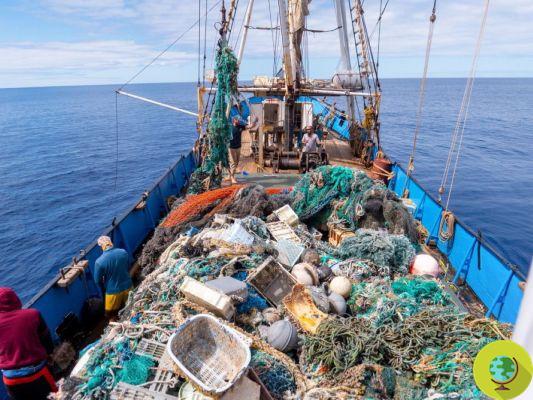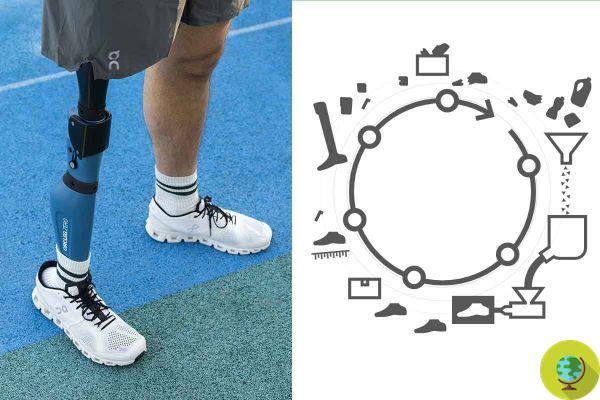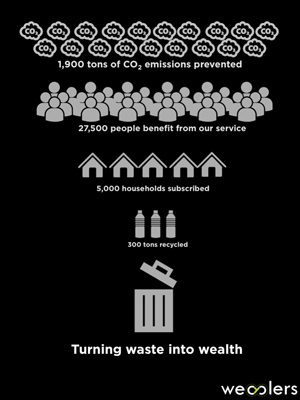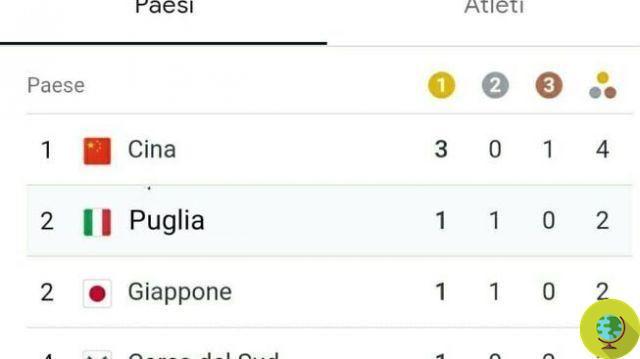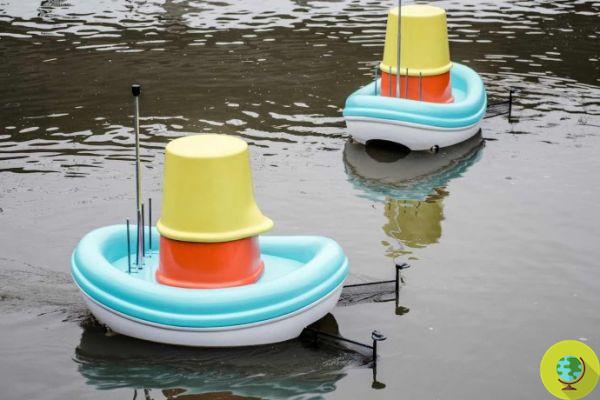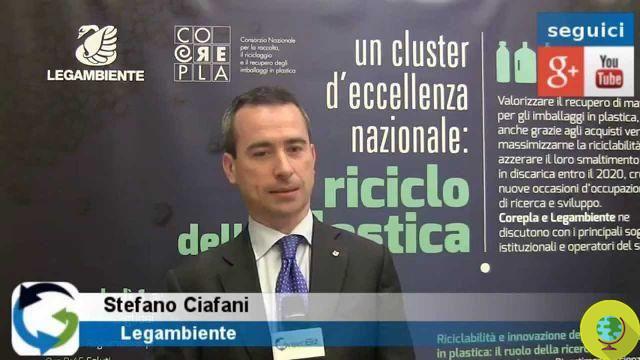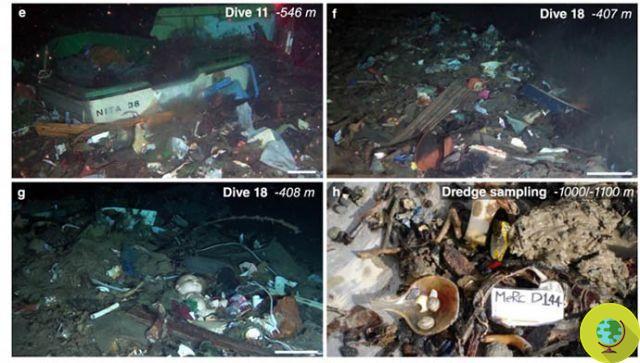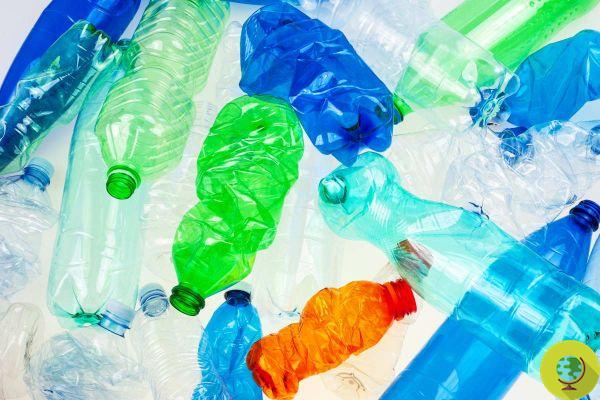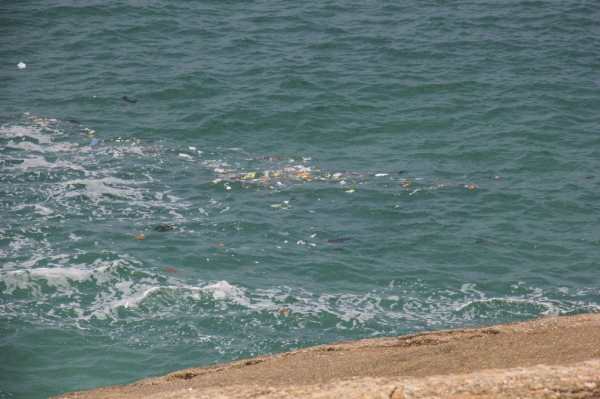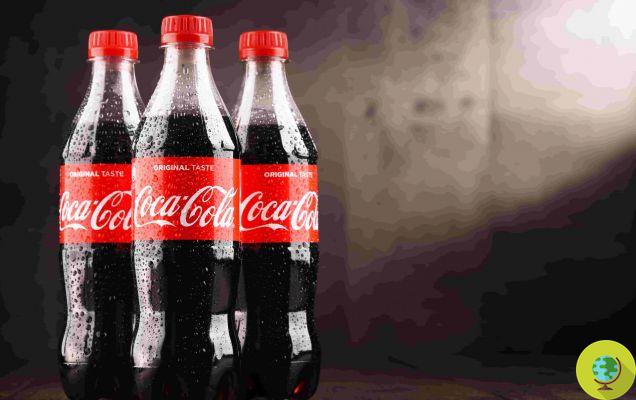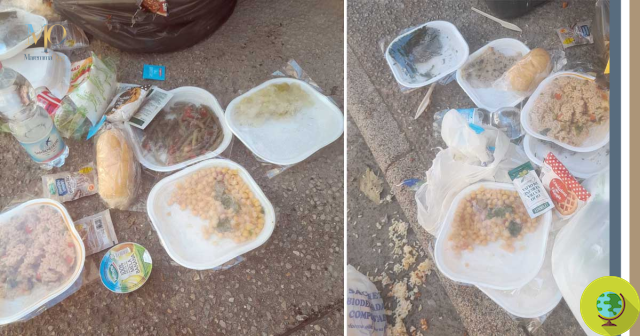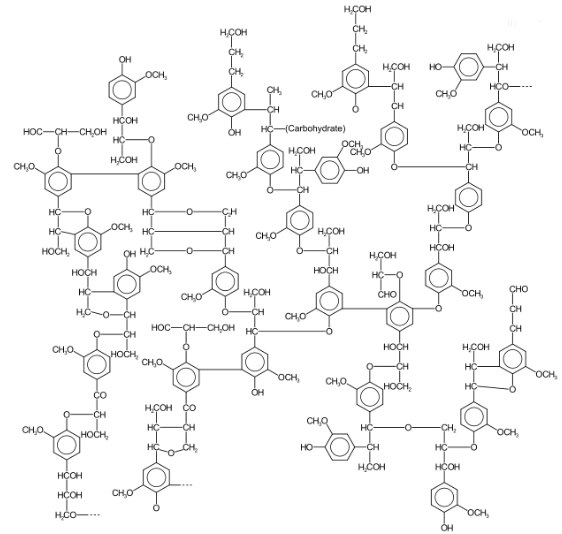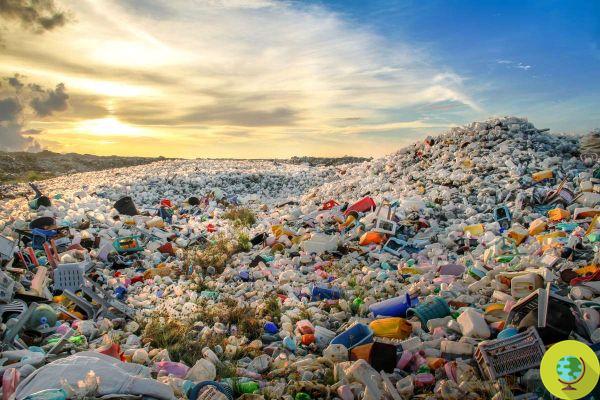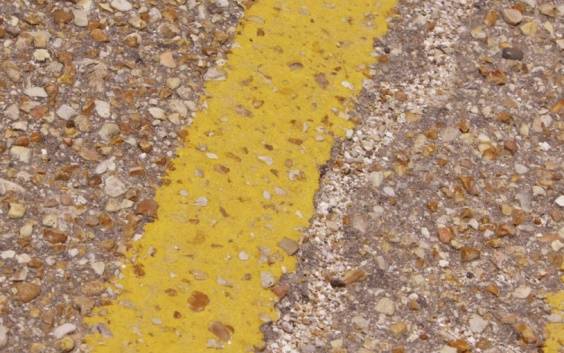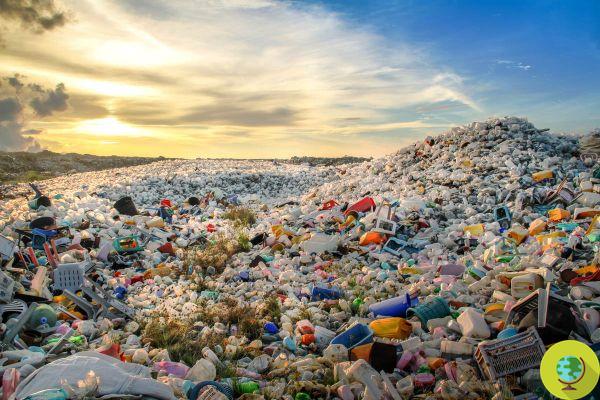
Plastic is a problem that affects the environment and the most marginalized peoples of the world due to pollution and toxicity.
So you can die (even of hunger and thirst) from plastic pollution. A new report reveals that plastic pollution affects the poorest, most vulnerable, minority and marginalized communities on the planet with greater intensity and disproportionately
Plastic pollution not only contributes to the global ecological crisis, but is also and above all a question of environmental and social justice. To really tackle the problem, it would be appropriate to reflect on the need to protect and defend fundamental human rights and, in particular, to guarantee the dignity and stability of all beings, living and non-living, on Earth.
The report Neglected: Environmental Justice Impacts of Plastic Pollution, published last March 24 byUNEP (United Nations Environment Program) and by Blue, a non-profit organization committed to supporting communities residing near coastal and oceanic ecosystems, notes that pollution due to plastic materials affects the poorest, most vulnerable, minority and marginalized communities on the planet with greater intensity and disproportionately men, women and children of their essential human rights (primarily that of health and a healthy environment) and deepening the global socio-economic inequalities.
As noted by the authors of the paper, the pollution caused by plastic prevents the full achievement of 17 Sustainable Development Goals set by the UN as part of the 2030 Agenda. According to the UN, the use of plastic has now reached worrying levels, aggravated by the global COVID-19 pandemic. Environmental pollution, therefore, fully enters the cd. "Emergency triad", also consisting of climate crisis and loss of biodiversity.
Plastic: pollution and injustices
Marce Gutiérrez-Graudiņš, co-author of the document, founder and executive director of Azul, believes that the efforts put in place by global political and economic actors, so far limited to the mere management and reduction of plastic pollution levels, are nevertheless insufficient to cope with the totality of the problems that plastic helps to create; think of its many negative effects on the most marginalized communities in the world, crushed by the weight of pollution that starts from the production phase and ends with the transformation of plastic into waste.
The plastic, obtained from oil, is based on oil extraction, which has delocalized and deprived hundreds of world indigenous communities of symbolic ancestral lands. Fracking, for example, pollutes water sources and oil refineries jeopardize the survival and health of local communities.
Another problem related to plastic has to do with gender inequality: in fact, the toxins contained in plastic are very frequently found in products for domestic use and / or aimed at the consumer public.
Of course, when plastic is disposed of illegally or improperly, it destroys marine ecosystems, depriving fishermen and other individuals who survive from fishing of essential livelihoods. If fish products contain microplastics, the health of those who consume them is put at risk. Without forgetting the serious health problems faced by the poorest and most desperate, that is, those who earn their living by collecting waste, exposing themselves daily to the toxins emitted by plastic.
A world without plastic
From the source of the aforementioned problems, how to deal with the age-old question? In a nutshell, the report recommends: (1) carrying out further studies on the impact of plastics from a sanitary point of view; (2) improve plastic waste monitoring techniques; (3) introduce a universal ban on the use of single-use plastics; and (4) increase investment in the management, recycling and reuse of plastics.
In terms of international cooperation, it would be desirable to reach the signing of an international treaty on plastic pollution and production, with the aim of banning plastic once and for all. In any case, the starting point for such a treaty should be to place the emphasis on the question of environmental and social rights, trying to concretely implement the principles of justice and equity.
Sources: Azul / PRNewswire / UNEP / News UN
Follow your Telegram | Instagram | Facebook | TikTok | Youtube
Read also:
Bali's “plastic beaches” where walls of waste appear instead of sand
The plastic produced by Amazon's packaging could envelop up to 500 times the entire planet




